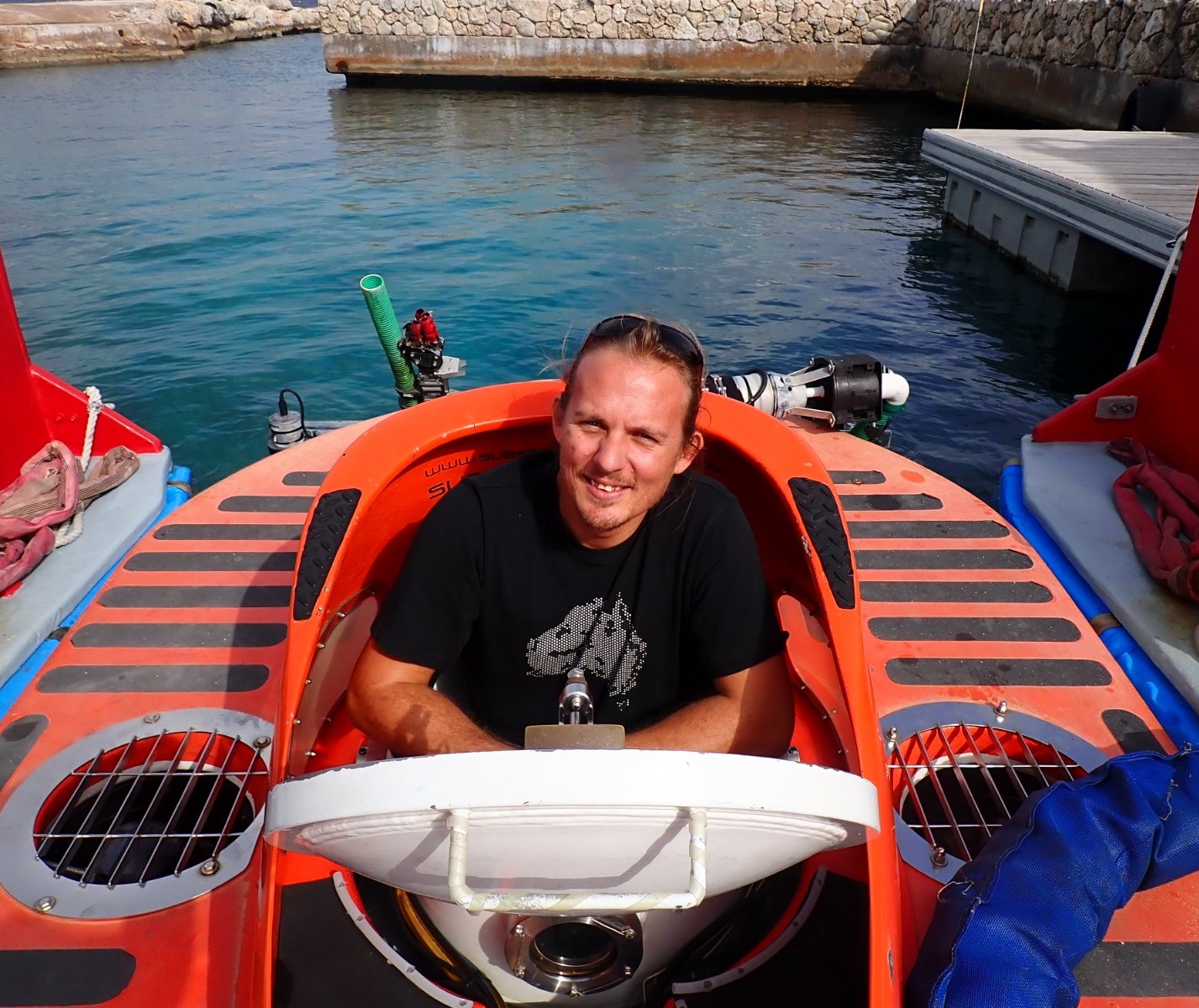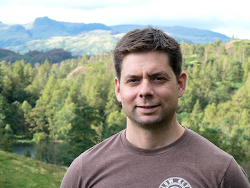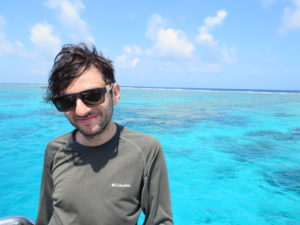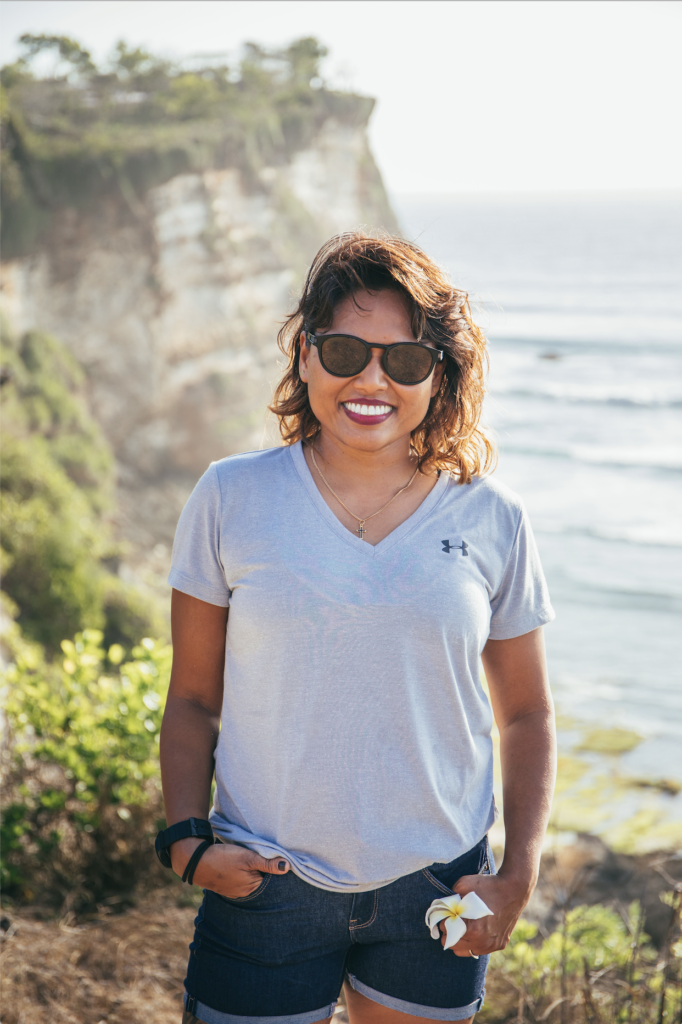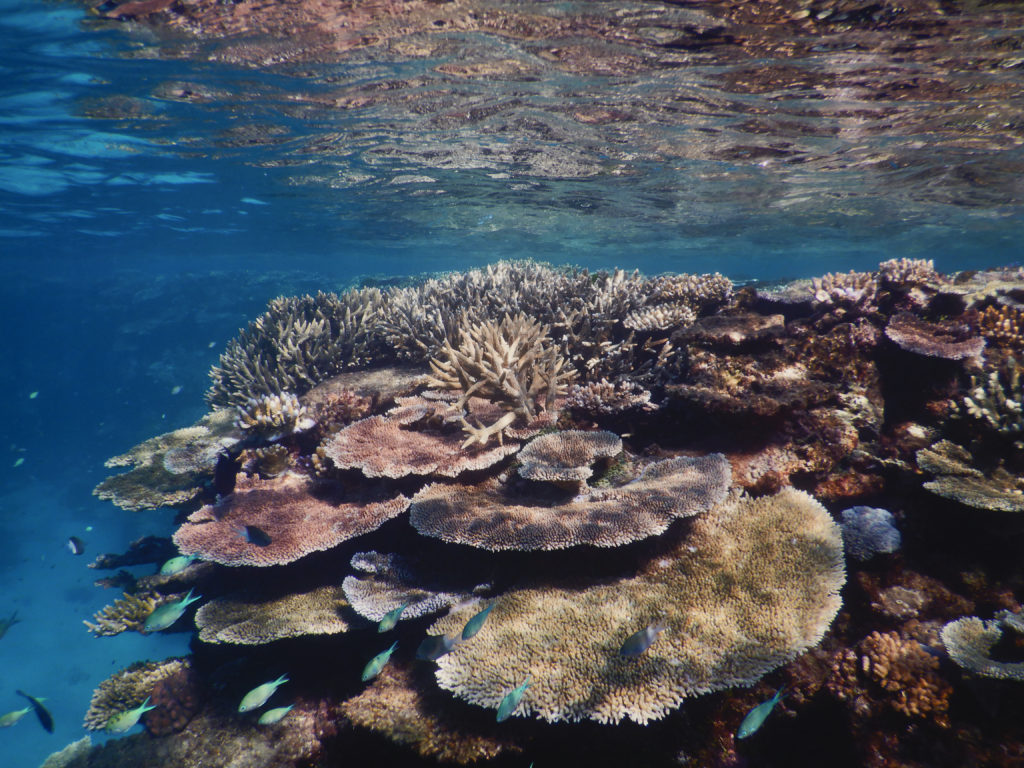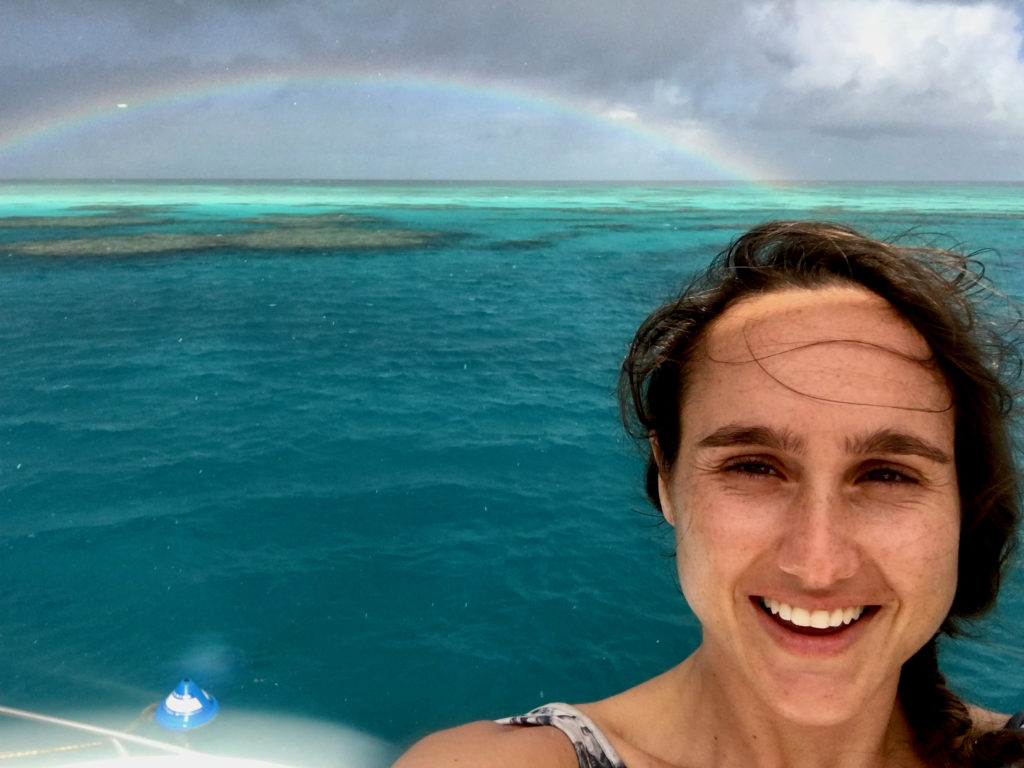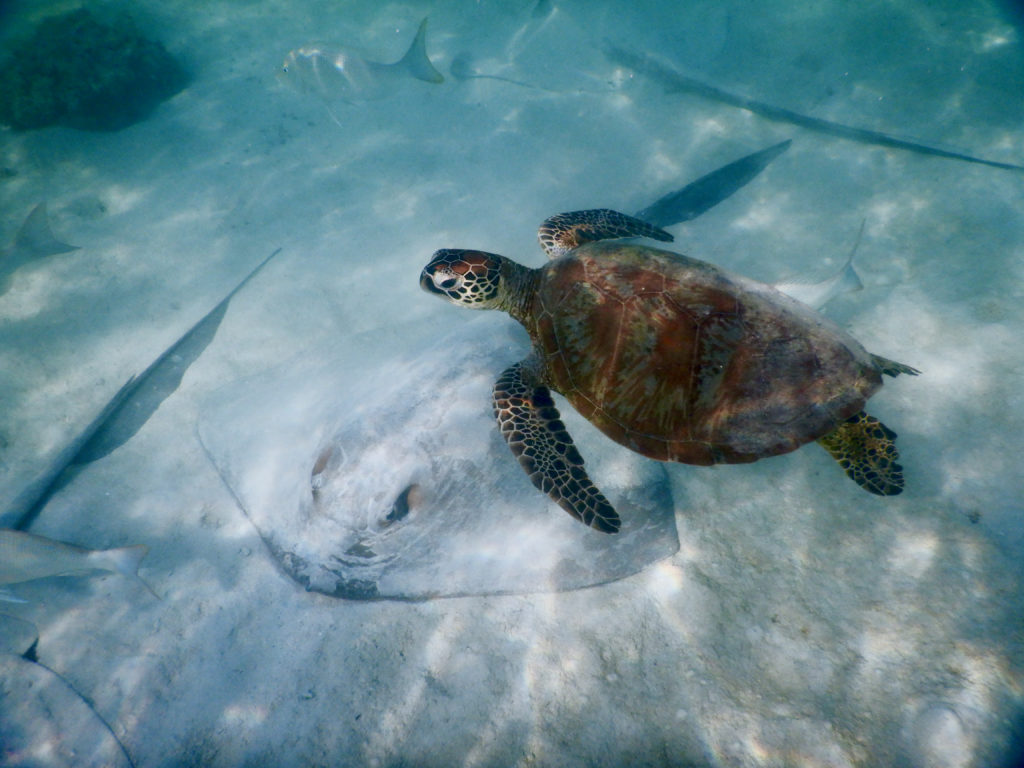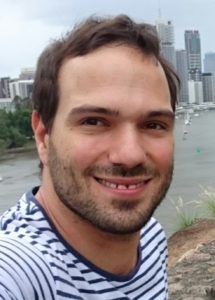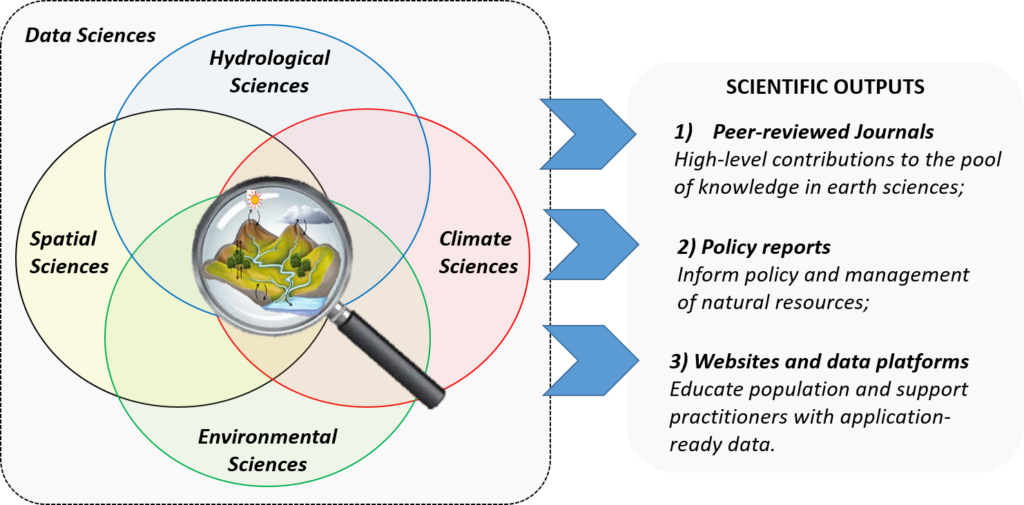About
Rene has been with the CRE Lab since 2014, first as a PhD student and currently as an Honorary Fellow. During his PhD, Rene’s work focused primarily on the ecophysiology of reef-building corals under local (e.g. eutrophication) as well as global (e.g. climate change) stressors. Using both in situ measurements and controlled laboratory experiments, the main objective was to better understand the underlying physiological mechanisms and flexibility that ultimately govern coral health.
Currently, Rene is investigating the physiology of mesophotic corals as part of a collaborative effort between the Coral Reef Ecosystems Laboratory from The University of Queensland, the California Academy of Sciences in San Francisco, and the CARMABI Research Station on Curacao. Mesophotic corals, growing at depths over 40 meters, live in low-light environments that cause them to display altered physiological and metabolic functions compared to their shallow-water counterparts. Using manipulative experiments combined with stable isotope analyses, the aim of this study is to determine the status of the coral-dinoflagellate symbiosis, and to explore alternative mechanisms of energy acquisition by corals adapted to low light conditions.
Research interests
Ecophysiology of reef-building corals
Phenotypic plasticity
Interactive capacity of environmental stressors
Coral calcification
Host-symbiont relationships
Contact
rene.vanderzande@uq.net.au

